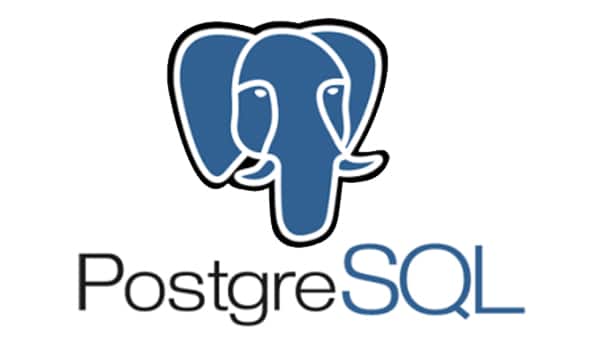Postgres offers a huge list of useful features such as the ability to define own data types, full-text search, authentication, and access control, comments on database objects, point-in-time recovery, and support for NoSQL-like behavior.
With stored functions and procedures, the ability to use procedural languages, foreign data wrappers, and a whole lot of other extensions, Postgres adds functionalities to your database systems that be customized to your needs.
Postgres has a robust access control system, offers multi-factor authentication capabilities, and has row and column-level security, making it a secure database management solution.
Managed by the PostgreSQL Global Development Group, Postgres is an open-source project with community-driven development, high-quality extensions, and adequate support if issues arise.
ACID stands for atomicity, consistency, isolation, and durability, and is a measure of guarantee that database transactions must comply to maintain data integrity. Postgres is compliant with ACID and has been so since 2001.
SQL standards define interoperability and functionality requirements for SQL implementations. Postgres adheres to most SQL standards, and this is yet another benefit over other relational databases.
Postgres is technically an object-oriented database, allowing you to define your own data types, overload functions, define inheritance relationships, and finally maintain consistency.


